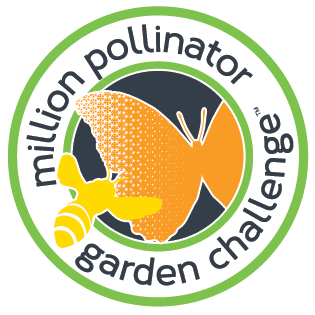Until recently, organic seed growers encountered an educational gap when seeking mentors and comprehensive courses covering both theoretical and practical applications related to seed. To fill that need, the nonprofit Organic Seed Alliance (OSA) teamed up with the Multinational Exchange for Sustainable Agriculture (MESA) to create a national internship program, which launched in 2015.
As part of the program, organizers developed an extensive course on growing organic seed. The online portions of the six-month course are also available free of charge to folks outside the internship program. This includes monthly webinars and reading lists, as well as discussion forums for participants to hash out all things seed-related. Each webinar covers a new area of organic seed production, such as variety trials and seed selection, diseases and pests, harvesting how-to and equipment, and seed cleaning. Students will even get to delve into the economics and public policies affecting the sustainable seed-growing sector.
To help grow the number of organic seed growers and advocates, the course also helps professional seed growers refine their techniques as well as set up a structured plan for mentoring and teaching others their knowledge and skills. Right now, OSA reports, Certified Organic farmers can use a non-organic seed option when the availability of organic seed is limited because of high demand, and the farmer will still be in compliance with the U.S. Department of Agriculture’s organic standards. The more organic seed growers there are, the more farmers can source seed that aligns with their values and growing practices.
Learn more and follow updates about organic seed production courses to be offered in 2017.


You need to be a member of Gardener's Corner to add comments!